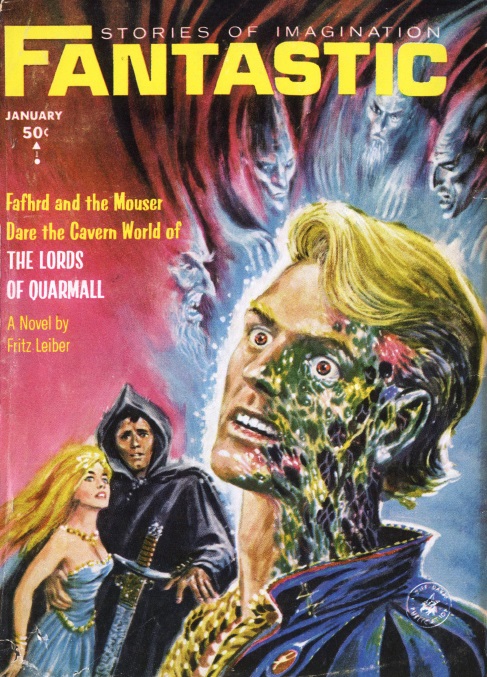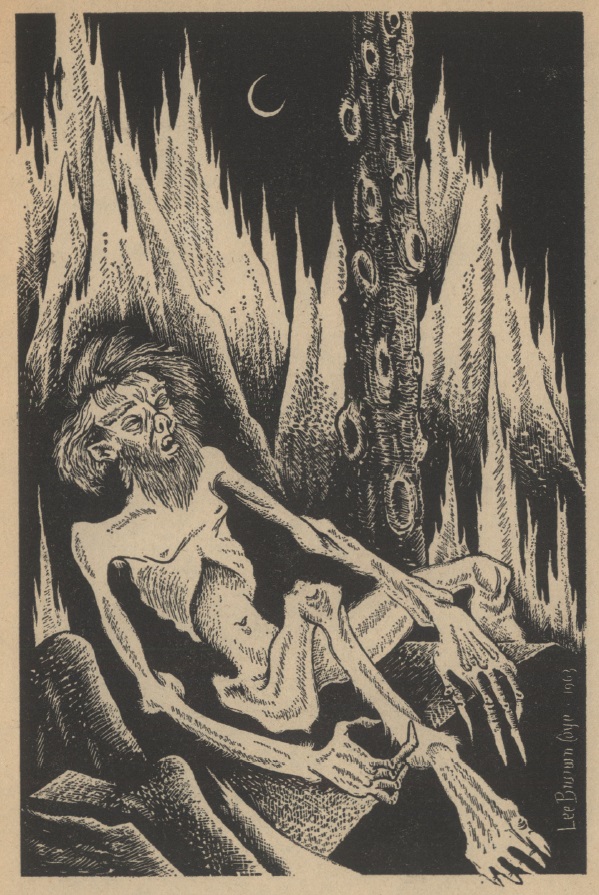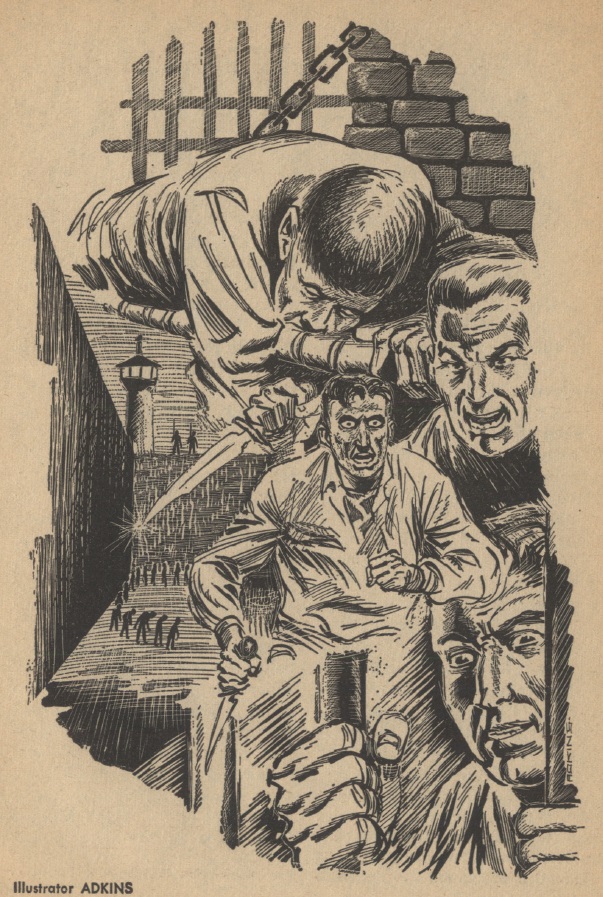
by Victoria Silverwolf
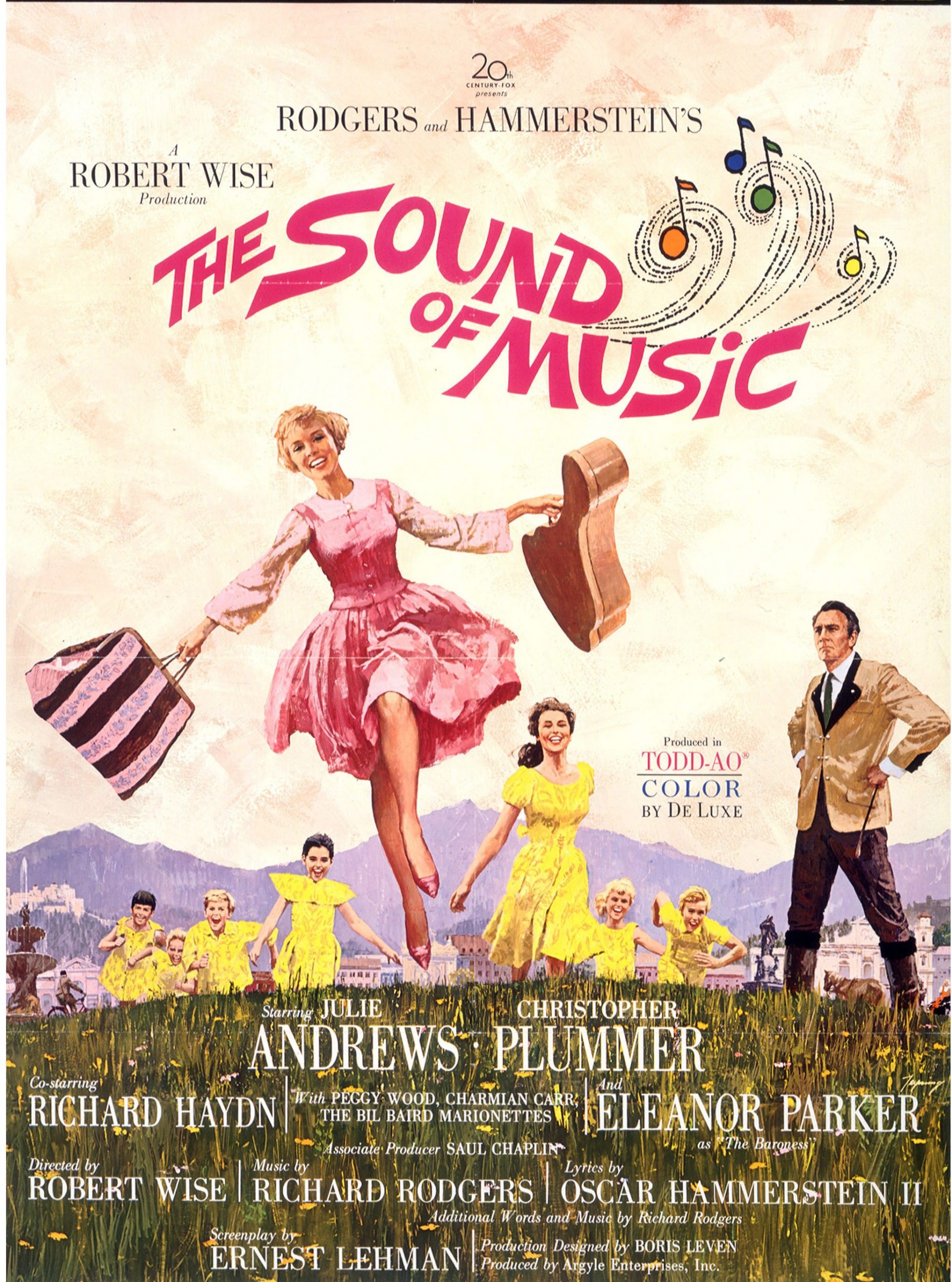
The guy on the right doesn't seem too happy about all this.
The long-anticipated movie version of the smash hit stage musical The Sound of Music had sneak previews in Minneapolis and Tulsa this month, and is scheduled to show up in theaters across the nation in March. This sugary-sweet confection, very loosely based on the true story of the Trapp Family Singers, isn't really my cup of tea, but I thought I would pay tribute to the songwriting team of Richard Rodgers and Oscar Hammerstein II by stealing the titles of some of the ditties that appear in it.
Caution: May cause diabetes.
Just a couple of days ago, Lyndon Baines Johnson was sworn in as President of the United States for his first full term.

Chief Justice Earl Warren administers the oath of office.
The inaugural address was a short one. In the space of twenty minutes or so, he raised the issues of poverty, health care, literacy, and much more. A phrase about American lives lost in countries we barely know is surely a reference to the conflict in Vietnam. He even threw in a nod to the space program, mentioning the rocket that is heading toward Mars.
Those are a lot of steep, difficult mountains to conquer for any politician, so let's wish the President well.
I've complained before about some of the syrupy ballads that reach the top, so I was pleased to see two tunes more to my liking jump to Number One this month. Both are courtesy of the UK, so pip pip and cheerio to our friends across the pond!
Earlier this month, the Beatles made a big comeback on the American charts with their upbeat rock 'n' roll number I Feel Fine.

The big advantage of buying a record instead of going to a Beatles concert is that you can actually hear the song instead of screaming.
Even as I type this, the news reaches me that British songbird Petula Clark is now Number One in the USA, belting out a nifty tribute to the pleasures of big city living called Downtown.

Baby, it's her, as far as music fans go.
Like the rest of you, I'm a big fan of science fiction and fantasy stories, at least when they're done reasonably well. Let's take a look at the latest issue of Fantastic and hope for the best.

Cover art by Heidi Coquette.
A Fortnight of Miracles, by Randall Garrett
A magician, who is also handy with a quarterstaff, travels around with his familiar, a goblin. (In this world, that means an earth elemental.) They run into — literally! — a most unusual knight. Although he can talk and fight and do all kinds of knightly things, he's just an empty suit of armor. After a brief period of misunderstanding, the sorcerer and the goblin agree to help him find the wizard who put a curse on him.
Fortunately, all users of magic have to travel to a convention once per century or lose their powers, and it's going on right now. The knight also has to triumph at a jousting tournament, which is hard to do when you're just a suit of armor that doesn't weigh very much. Add in a lovesick wood nymph, the King of Faerie, and some Bad Guys, and you got a lighthearted fantasy adventure. It provides some amusement, although it's hardly profound.
Three stars.
Passage to Dilfar, by Roger Zelazny
If you studied Homer in school, you're familiar with the term in medias res. Like the Iliad and the Odyssey, this brief tale begins in the middle of things.
Our hero, Dilvish the Damned, is riding his talking metal horse, for which he sold part of his soul, from the site of a lost battle, in order to carry the news to a city threatened by the advancing enemy. Along the way lots of foes try to stop him, but he escapes them all. A final encounter with a a knight wearing invulnerable armor tests the skills of Dilvish and his steed.
This lightning-paced tale is very well written, but it reads like a few pages torn out of a much longer story. I hope the author eventually tells us more about the Damned fellow.
Three stars.
The Repairmen of Cyclops (Part Two of Two), by John Brunner
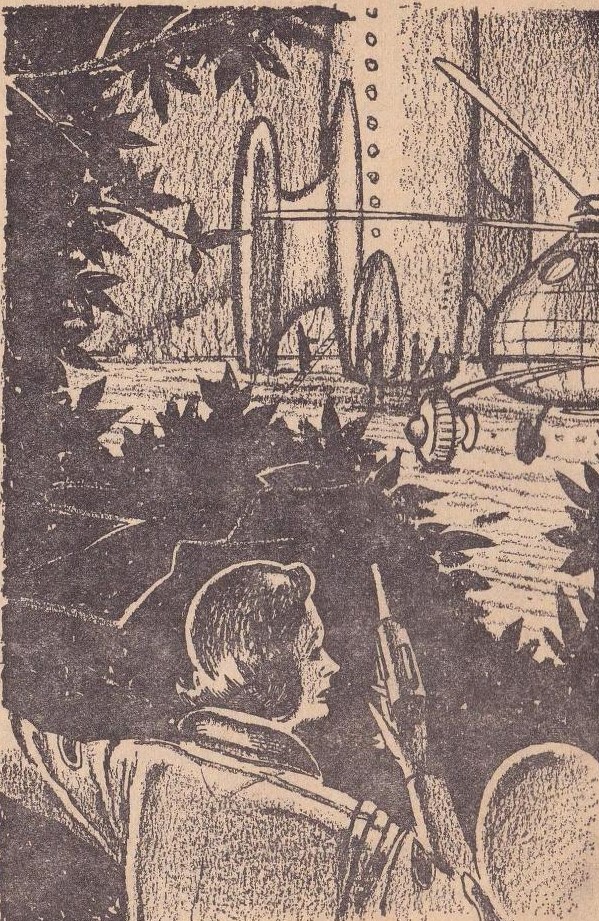
Illustration by George Schelling.
As you may recall from the previous installment, the Corps Galactica finds evidence that the ruling class of the planet Cyclops is somehow restoring body parts for those lost by the wealthy; a thing which should be beyond their level of medical technology. As strongly hinted at last time, that's because they're buying them from some sinister folks who exploit the population of a planet unknown to the Corps.
The Bad Guys convince their victims that they're suffering from a terminal illness, take them away, and pay their families, pretending to be a sort of hospice. Of course, they really murder them in cold blood, and sell them to the physician on Cyclops who takes care of the elite.
In the concluding half of this short novel, the Corps figures out what's going on and tries to stop it. Complicating matters is the fact that the woman who is the de facto ruler of Cyclops orders the Corps to abandon their base on the planet, even though this will cause great economic hardship for her world. She has her own motive, which involves the physician and one of the innocent inhabitants of the secret planet. It all leads up to a daring raid on the evil doctor's lair by the heroine, a highly skilled and experienced agent of the Corps.
That makes the plot sound melodramatic, and, indeed, the climax resembles something from a James Bond novel. However, the characters are believable, the background is complex, and the combination of violent action and political intrigue always held my interest.
Four stars.
Winterness, by Ron Goulart

Also by George Schelling. I like the white-on-black effect.
Set in the early part of the Twentieth Century, this tongue-in-cheek yarn involves a spiritualist and a married couple, both of whom are novelists. The woman believes in the medium's powers, the man does not. At a seance for a newspaper editor and his mistress, the skeptic falls into danger, and dark secrets are revealed.
I've made the story sound a lot more serious than it is. Although the plot isn't a funny one, the characters, the dialogue, and the narrative style are all good for some laughs. I particularly liked a bit of satire on the writing game of years gone by, with the woman producing sentimental novels with titles like Venetia; or Led Where Love Compels and the man turning out muckraking works like Soil and Steam.
Three stars.
The Vamp, by Thomas M. Disch
The narrator is an old-time movie actor, going back to the silent days, who is now the host of a TV kiddie show. He sees his ex-wife on the street, acting like a flirtatious 1920's flapper to the men who pass by, who don't seem interested. That's not a big surprise, since she's more than sixty years old, with hollow cheeks, sunken eyes, dead white skin, ruby lips, sharp teeth . . .
OK, you know where this is going, from the title if nothing else. The narrator never figures it out, so he invites her home for a very rare — in fact, bloody — steak. That leads to the story's joke ending.
The whole thing is just a trifle, but I liked it well enough. Maybe that's because the idea of turning a silent-screen star into a you-know-what tickled me. Or maybe because the story reminded me of the great old movie Sunset Boulevard. (I can definitely see a similarity between the Vamp and Norma Desmond.)
Three stars.
Before I say goodbye, let me sum up my thoughts on this issue. Overall, it was pretty decent. No bad stories, although many of them were definitely minor works. That's a lot better than a magazine full of lousy fiction, so I won't complain when I read something good.
[If you have a membership to this year's Worldcon (in New Zealand) or did last year (Dublin), we would very much appreciate your nomination for Best Fanzine! We work for egoboo…]

![[January 22, 1965] With Apologies to Rodgers and Hammerstein (February 1965 <i>Fantastic</i>)](https://galacticjourney.org/wp-content/uploads/2020/01/FANTFEB1965-2-458x372.jpg)

![[October 8, 1964] Through Time and Space (November 1964 <i>IF</i>)](https://galacticjourney.org/wp-content/uploads/2019/10/641008cover-672x372.jpg)




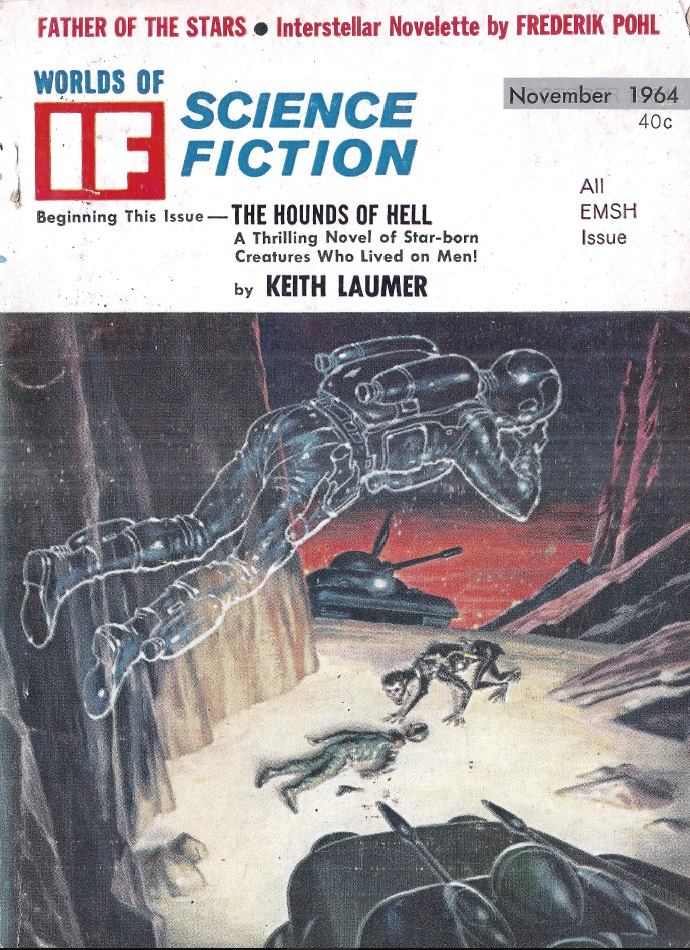


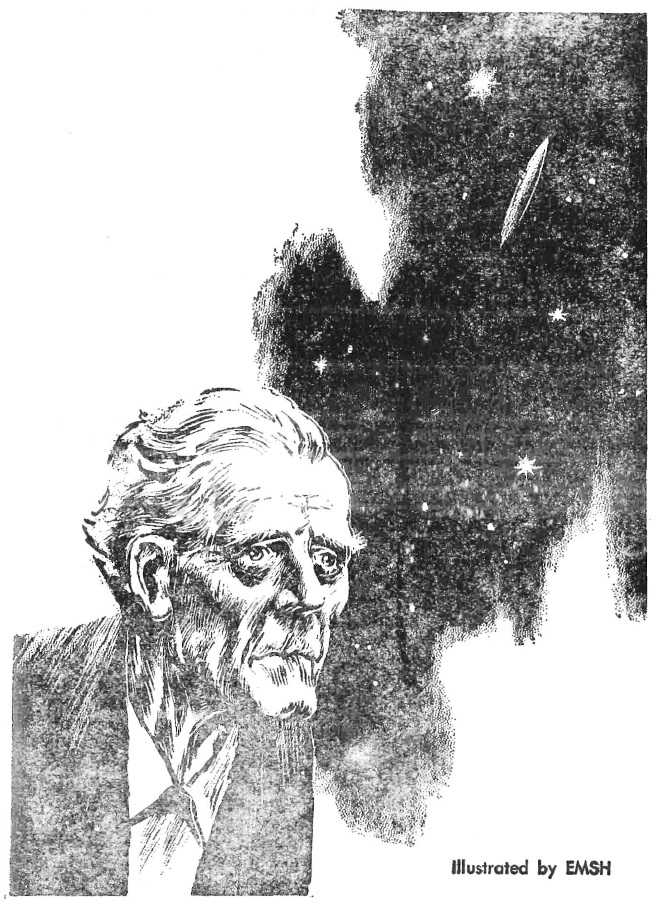

![[July 20, 1964] Dashed Hopes (August 1964 <i>Fantastic</i>)](https://galacticjourney.org/wp-content/uploads/2019/07/26179-400x372.jpg)








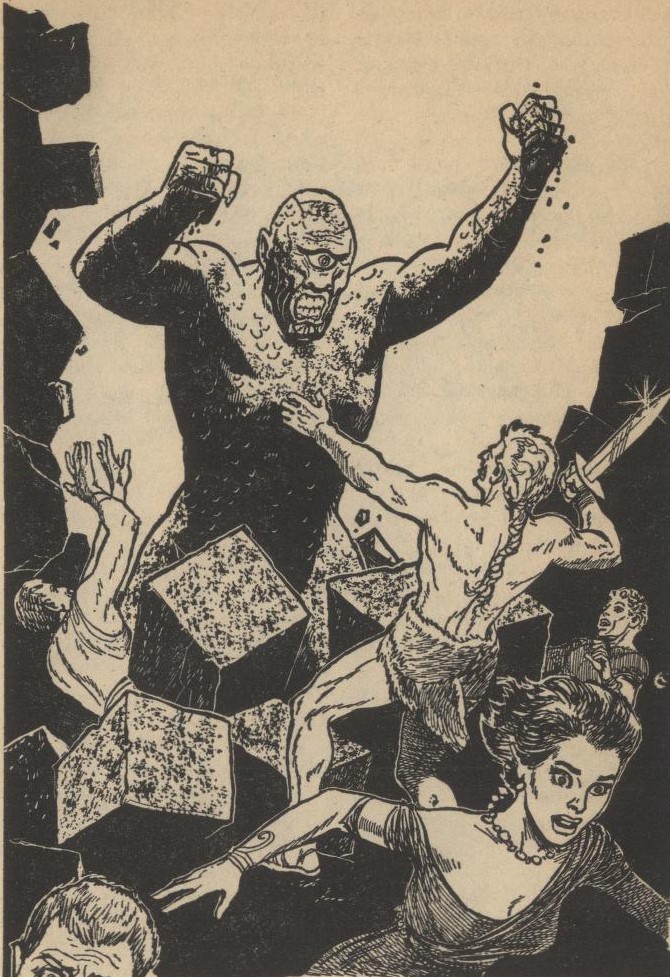



![[June 22, 1964] The Bridal Path (July 1964 <i>Fantastic</i>)](https://galacticjourney.org/wp-content/uploads/2019/06/640622cover-477x372.jpg)


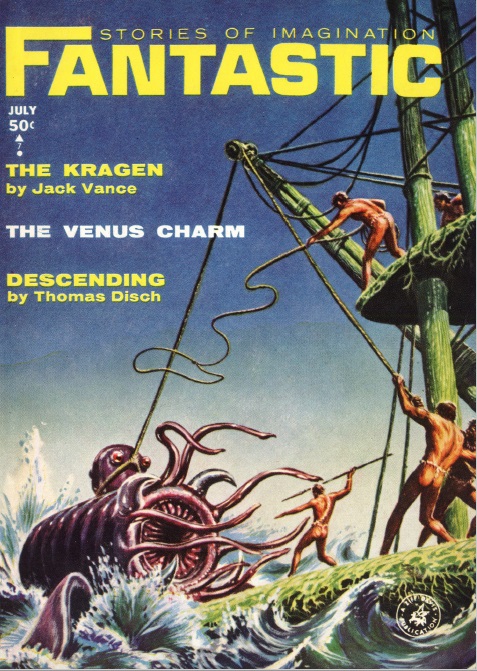

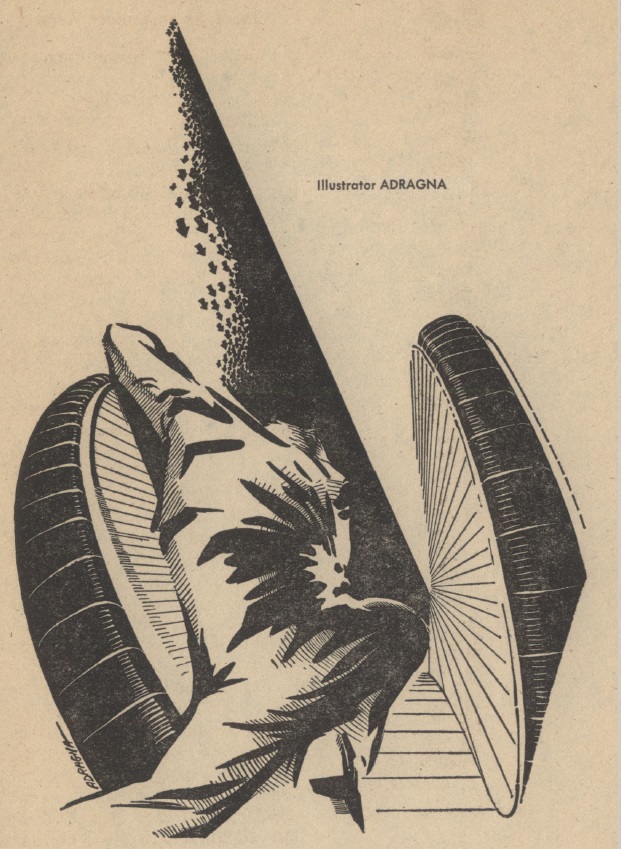



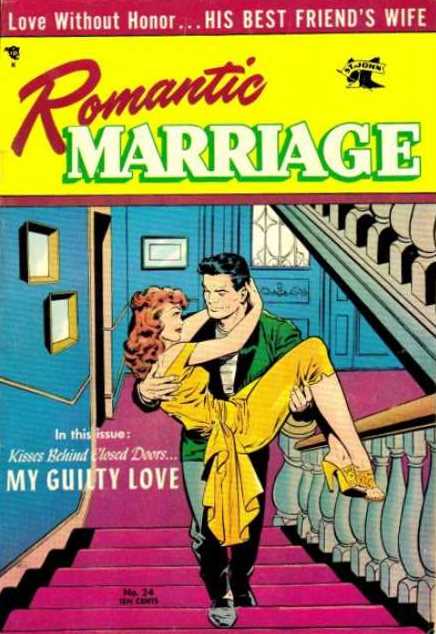
![[May 22, 1964] Not Fade Away (June 1964 <i>Fantastic</i>)](https://galacticjourney.org/wp-content/uploads/2019/05/640522cover-507x372.jpg)





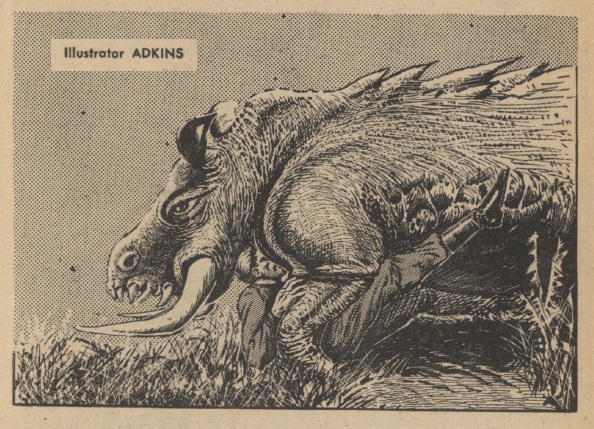
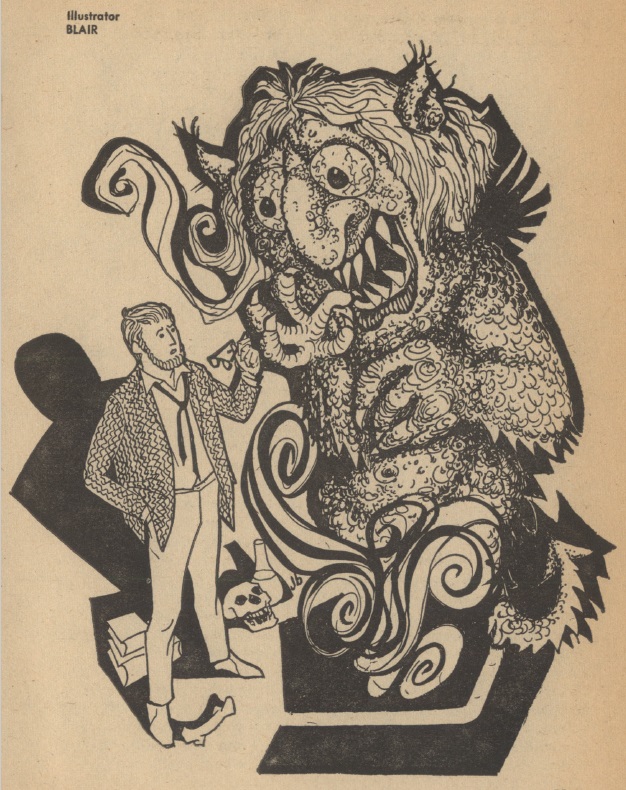
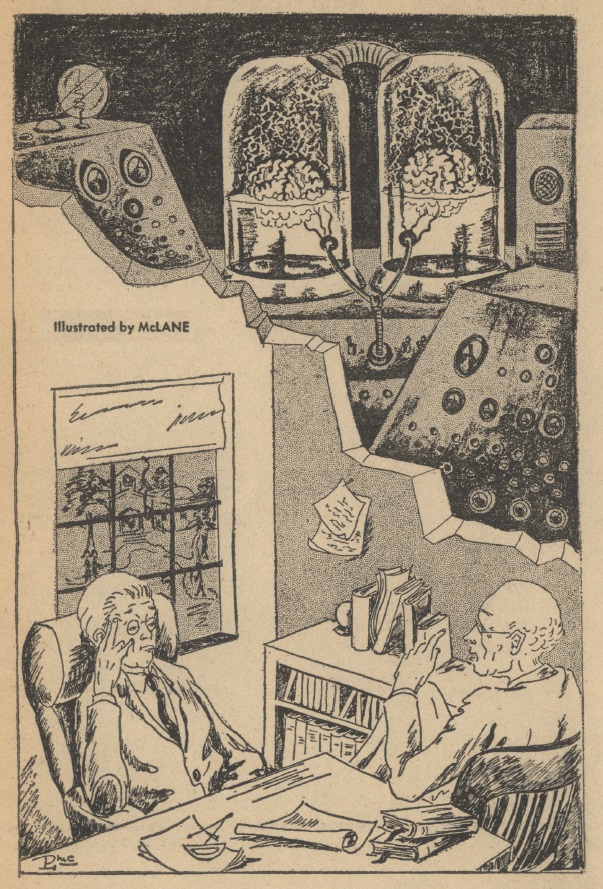



![[February 13, 1964] Deafening (the March 1964 <i>Amazing</i>)](https://galacticjourney.org/wp-content/uploads/2019/02/640213cover-672x372.jpg)








![[January 22, 1964] The British Are Coming! The Americans Are Here! (February 1964 <i>Fantastic</i>)](https://galacticjourney.org/wp-content/uploads/2019/01/640122cover-513x372.jpg)



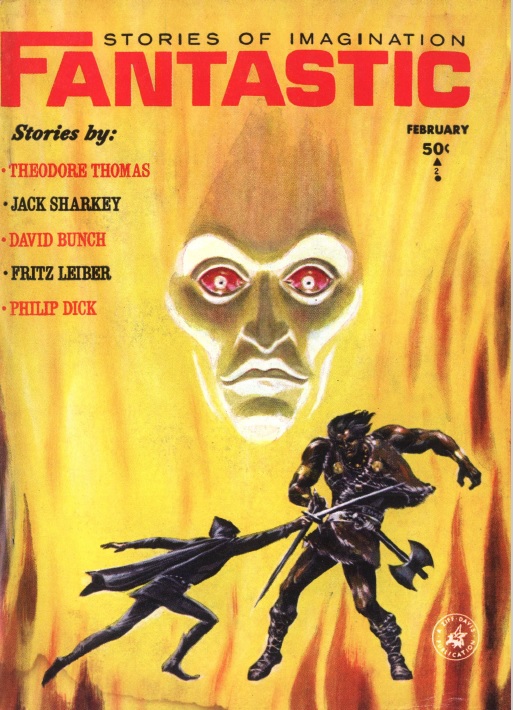
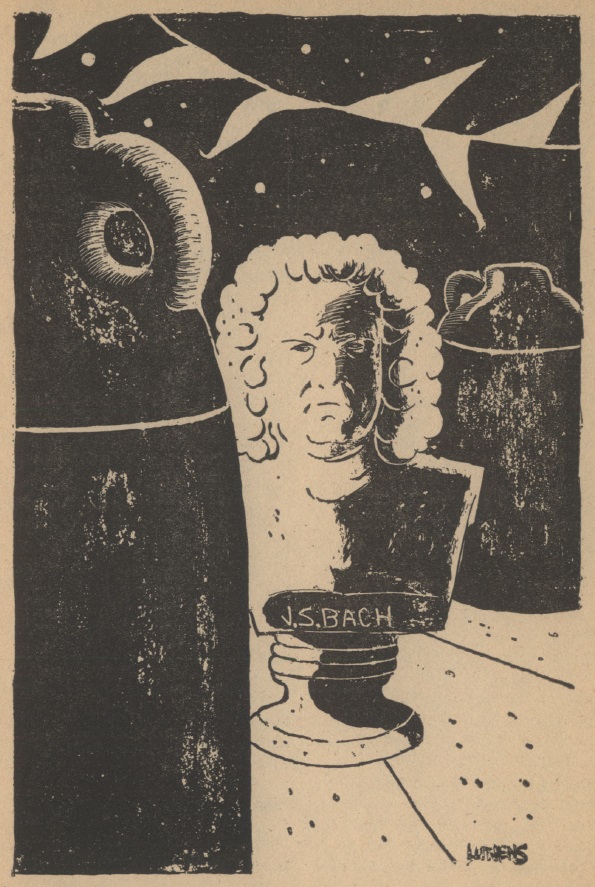
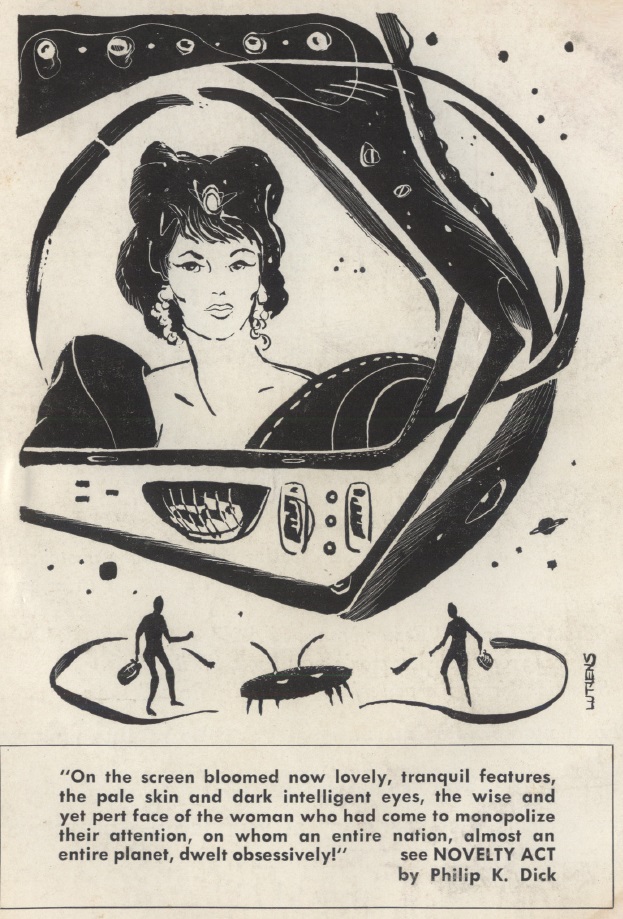
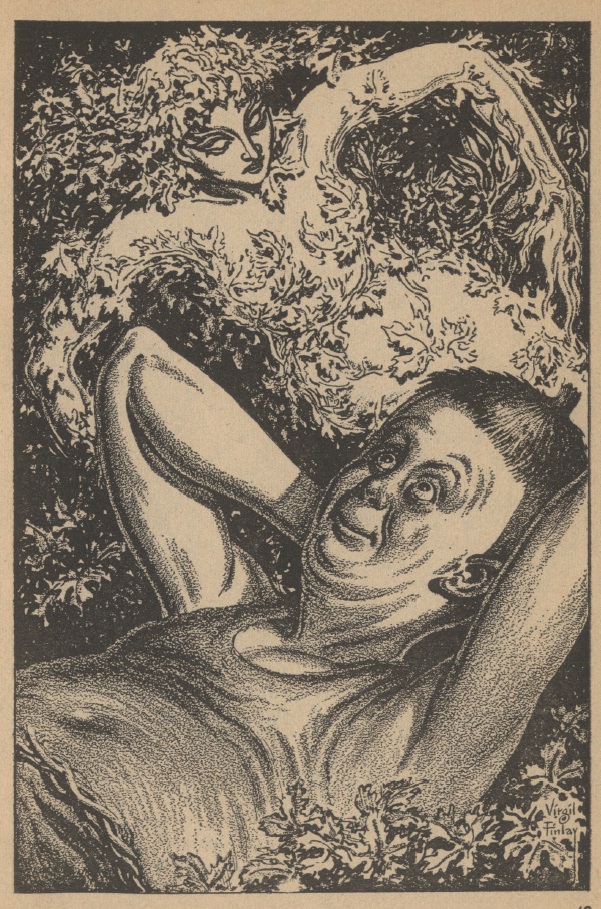
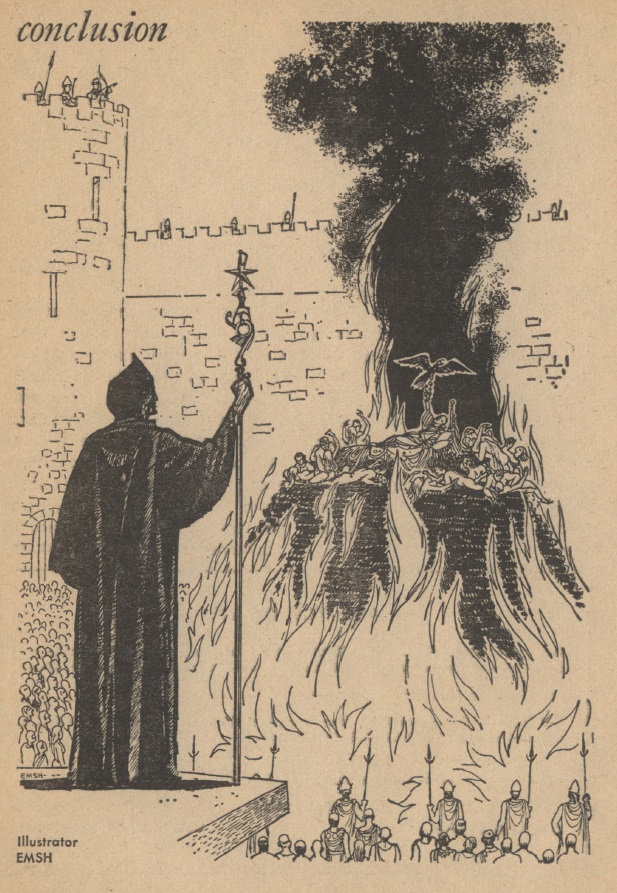


![[December 23, 1963] Ring Out the Old, Ring In the New (January 1964 <i>Fantastic</i>)](https://galacticjourney.org/wp-content/uploads/2018/12/631223cover-487x372.jpg)







